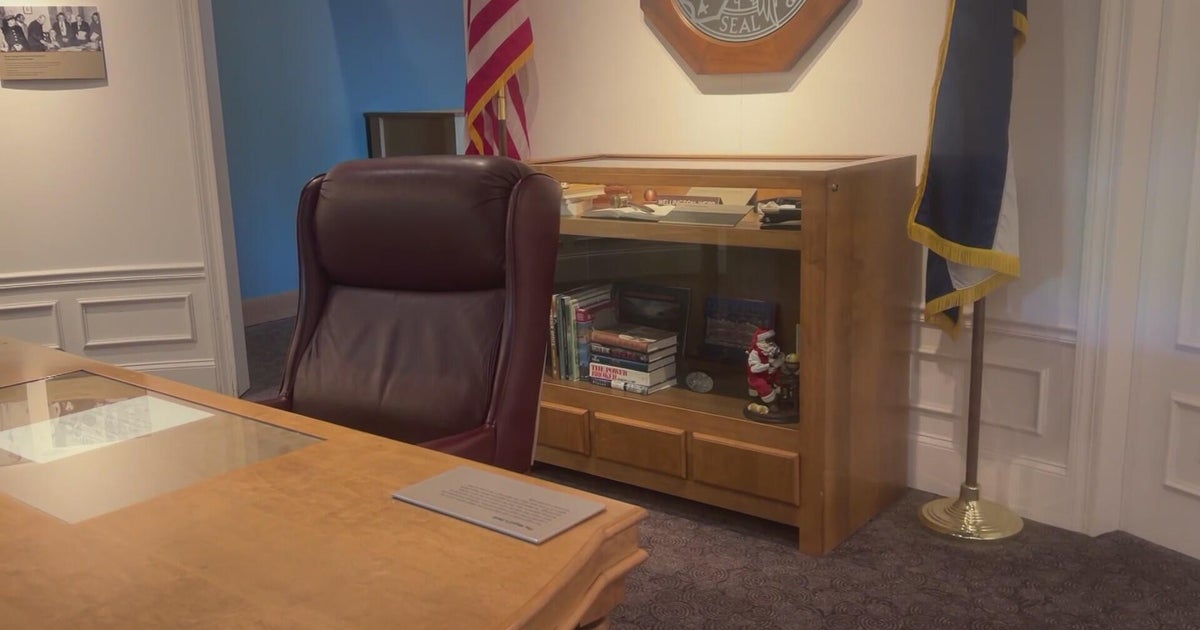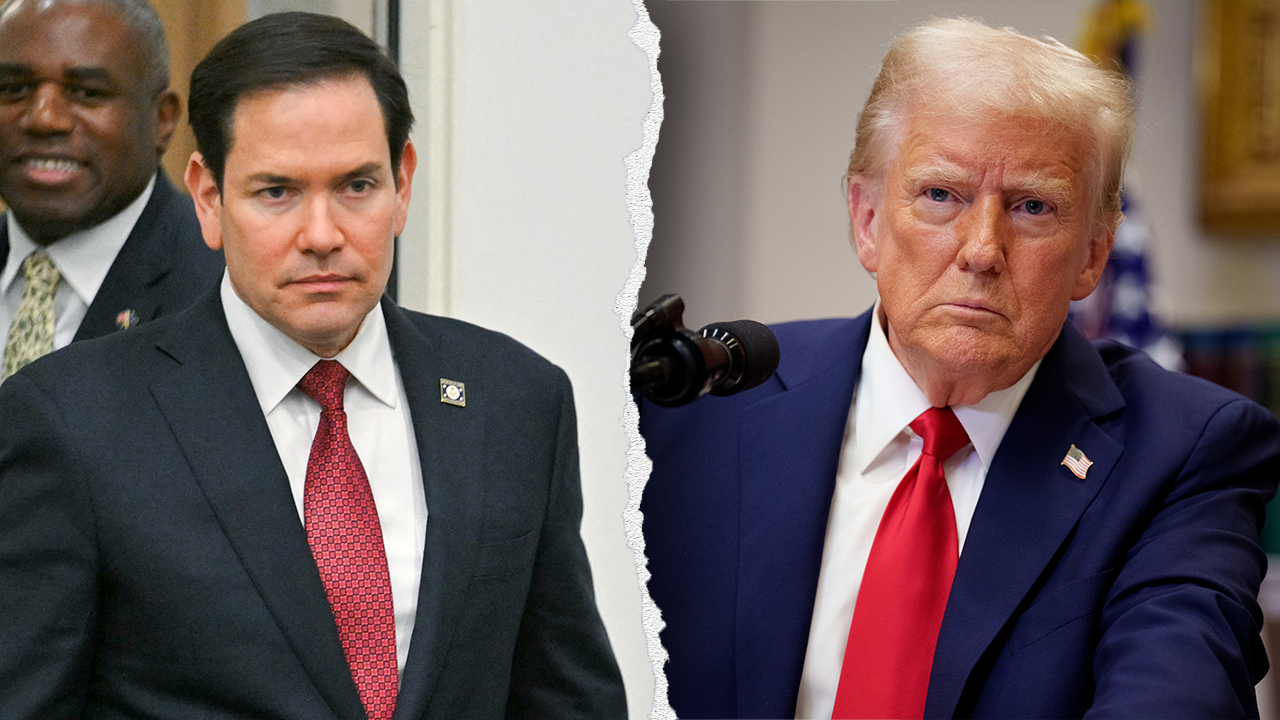Denver, CO
Denver closes streets to cars for first in a series of ¡Viva! Streets events

DENVER — Downtown Denver looked slightly different Sunday as people ditched their cars to explore the city.
“We are celebrating the first-ever ¡Viva! Streets [Denver], a huge celebration of downtown Denver as we all come out to walk, ride, roll, and dance in the streets,” said Kourtny Garrett, the president and CEO of Downtown Denver Partnership, which organized the event.
A 3.5-mile stretch of Broadway and Welton Street was closed to cars for about six hours.
People of all ages explored businesses and other spaces along the route.
“We see a significant positive impact with these kinds of events when we are in a business corridor, so people who may not know of new businesses or rediscover businesses that you love,” said Garrett. “There are so many benefits that we see when people come out. There are health benefits, discovering new businesses, discovering new places in the city, and being together all really in that wonderful hub that is the signature of Denver.”
Garrett says ¡Viva! Streets Denver was inspired by similar events in other cities, like Mexico City and Bogota, Colombia.
“This is a moment where the entire city comes together to celebrate, to embrace our streets, and really, again, show love to our city,” said Garrett.
Denver closes streets to cars for first in a series of ¡Viva! Streets events
Taste of Colorado joined the event, bringing food trucks and vendors to Civic Center Park.
Things got off to a slow start because of the rain.
More people started showing up once the rain began to clear.
Organizers hope the crowds will grow.
“We really hope that this is an annual event,” said Garrett. “We hope that other communities throughout Denver will embrace it and find this wonderfully connected event in the future.”
Three other ¡Viva! Streets Denver events will occur on June 4, July 9, and August 6.
For more information, visit https://www.vivastreetsdenver.com/.
The Follow Up
What do you want Denver7 to follow up on? Is there a story, topic or issue you want us to revisit? Let us know with the contact form below.

Denver, CO
Denver sues Trump administration over threat to withhold $600 million in transportation funding

Denver this week sued the Trump administration over its threat to withhold as much as $600 million in federal transportation funding if the city refuses to align its politics with the president’s stances on issues of immigration and diversity.
Denver joined nearly three dozen other cities and counties in the 105-page lawsuit, filed Wednesday in U.S. District Court for the Western District of Washington.
The cities and counties take issue with U.S. Transportation Secretary Sean Duffy’s April memo that warned local jurisdictions they could lose access to federal transportation funding if they do not comply with the Trump administration’s positions on both immigration enforcement and diversity, equity and inclusion efforts.
Any program or policy “designed to achieve so-called ‘diversity, equity and inclusion,’ or ‘DEI,’ goals, presumptively violates federal law,” Duffy warned in the memo. Localities receiving federal funds must also fully cooperate with federal immigration enforcement or risk losing the money, he wrote.
The cities and counties that sued argue the new federal conditions on awarding the funding are unconstitutional and that the Trump administration does not have the authority to set conditions beyond what Congress has established.
“The Trump administration is willfully breaking the law and, in ignoring the separation of powers between Congress and the White House, violating the bedrock constitutional foundation on which our country was built,” Denver Mayor Mike Johnston said in a statement Friday.
Denver’s Department of Transportation and Infrastructure is the recipient of about $300 million in federal funding, while Denver International Airport received about $310 million between the 2022 and 2024 fiscal years, according to the mayor’s office.
The airport is expected to be eligible for an additional $267 million in grants from 2025 to 2028, a city spokesman said in a news release.
Across the almost three dozen cities and counties that are suing — including San Francisco, New York, Boston, Seattle, Minneapolis, Pittsburgh and Nashville, Tennessee — almost $4 billion in awarded or soon-to-be awarded federal funding is at risk, the lawsuit alleges.
“Allowing the unlawful grant conditions to stand would negatively impact Plaintiffs’ committed budgets, force reductions in their workforce, and undermine their ability to determine for themselves how to meet their communities’ unique needs,” the lawsuit says.
The effort is Denver’s second lawsuit this month against the Trump administration. The city last week joined a lawsuit with Chicago after the Federal Emergency Management Agency refused to pay Denver $24 million in previously awarded grant money.
Additionally, the U.S. Department of Justice sued Denver and Colorado earlier in May over state and local laws that limit how much local police can cooperate with federal immigration officials.
Stay up-to-date with Colorado Politics by signing up for our weekly newsletter, The Spot.
Originally Published:
Denver, CO
Denver Public Library’s interim director apologizes after removal of replica of prop desk

Watch CBS News
Be the first to know
Get browser notifications for breaking news, live events, and exclusive reporting.
Denver, CO
Two years later, City of Denver still working to implement voter-approved recycling ordinance

DENVER — In November 2022, 70% of Denver voters approved the Waste No More ballot initiative to require city apartment buildings, businesses and large events to provide recycling and composting services. It would also establish new recycling and composting requirements for large events and construction and demolition sites.
Two years later, enforcement is still on hold as the city works on how to put the ordinance into action.
Earlier this month, Denver7 spoke with city leaders about that process.
“Those big systems changes also come with complications,” said Jonathan Wachtel, deputy executive director for the Denver Office of Climate Action, Sustainability and Resiliency. “They come with costs.”
“You can have a climate-friendly city and a business-friendly city at the same time, and we’ve been very thoughtful about how we’ve approached it,” said Tim Hoffman, director of policy for Mayor Mike Johnston’s office.
Hoffman added that he “completely” understands the frustration some have with the ordinance not being implemented more than two years after passing.
City of Denver
Brian Loma, an environmental advocate and one of the original proponents of the ordinance, is feeling that frustration. He said Denver is “lagging behind” other Colorado cities that are implementing their own Zero Waste policies.
“The intent was for Denver to be the leader, the largest city in the state of Colorado doing the hard work to show everybody else it can be done,” he said Wednesday. “It’s a matter of civic pride.”
After discussions with advocates and the business community, the city is now proposing exceptions to the ordinance.
“Making sure that we weren’t putting undue burdens on small businesses, small restaurants, small events,” said Hoffman.
For example, restaurants with 25 or fewer employees who made $2 million or less in revenue the previous year would be exempt from the composting requirement. Loma said that should not be an excuse.
“My business doesn’t do $100,000 a year, and I compost and recycle as much as humanly possible,” he said. “It’s not about how much business you do. It’s about how much waste you produce.”
Environment
City of Denver working to expand recycling and composting
In their own waste management ordinances, cities like Boulder and Longmont have exemptions for businesses facing “economic hardship” situations. Longmont specifically spells out an exemption for businesses whose losses from the prior fiscal year were more than 10 percent of gross sales.
But Loma said an exemption solely based on profits and employee count would be unique and unnecessary.
“The point of Waste No More was to get people to talk about their waste plans,” he said. “Create a plan on how to divert and then look at what the costs are and determine if that would be a hardship or not, not to carve out and just say a whole bunch of people are exempt before you even come up with a plan.”
That being said, Loma clarified that he and the other originators of the ballot measure want to discuss and meet somewhere in the middle with city leaders.
On Wednesday, Denver City Council’s business committee pushed the next conversation to July, but with a sense of urgency.
“There’s been so much work done and I don’t want the policy to flounder or to take more time when we need to get this implemented in, because stuff is going into the landfill as we speak,” Denver City Councilmember Stacie Gilmore said during Wednesday’s committee meeting.
Ordinance enforcement is slated to begin in April 2026, but city leaders suggested during the meeting that further delays in finalizing exemptions would put that timeline in jeopardy.

Denver7 | Your Voice: Get in touch with Ryan Fish
Denver7’s Ryan Fish covers stories that have an impact in all of Colorado’s communities, but artificial intelligence, technology, aviation and space. If you’d like to get in touch with Ryan, fill out the form below to send him an email.
-

 Culture1 week ago
Culture1 week agoBook Review: ‘Original Sin,’ by Jake Tapper and Alex Thompson
-

 Education1 week ago
Education1 week agoVideo: Opinion | We Study Fascism, and We’re Leaving the U.S.
-

 News1 week ago
News1 week agoAs Harvard Battles Trump, Its President Will Take a 25% Pay Cut
-

 Technology1 week ago
Technology1 week agoLove, Death, and Robots keeps a good thing going in volume 4
-

 News1 week ago
News1 week agoMenendez Brothers Resentenced to Life With Parole, Paving Way for Freedom
-

 Politics1 week ago
Politics1 week agoRepublicans say they're 'out of the loop' on Trump's $400M Qatari plane deal
-

 Culture1 week ago
Culture1 week agoBook Review: ‘Hunger Like a Thirst,’ by Besha Rodell
-

 Technology1 week ago
Technology1 week agoMeta asks judge to throw out antitrust case mid-trial



















